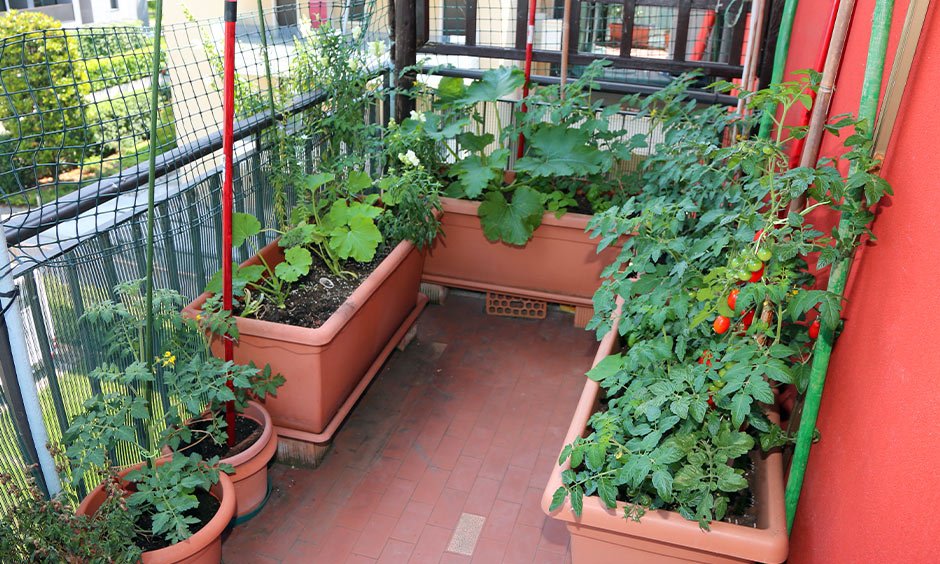Organic Gardening
Benefits and How to Start
Benefits of Organic Gardening :

Healthier Produce
Organic gardening produces fruits and vegetables without synthetic pesticides, herbicides, or chemical fertilizers. This results in healthier produce, free from harmful chemical residues, which is safer for you and your family to consume. Organic produce also tends to have better taste and retains more natural nutrients. By growing organic, you reduce your exposure to potentially harmful chemicals, contributing to better overall health and well-being.
Environmental Protection
Organic gardening practices are environmentally friendly, reducing pollution by avoiding synthetic chemicals. These methods promote biodiversity, encouraging the presence of beneficial insects, birds, and microorganisms. By using natural compost and organic fertilizers, you help preserve water quality and prevent soil degradation. Organic gardening supports a sustainable ecosystem, making it a responsible choice for the environment.
Soil Health
Organic gardening improves soil health by using natural methods that enhance soil structure and fertility. Organic matter like compost and manure enriches the soil, increasing its ability to retain moisture and nutrients. Over time, these practices lead to healthier, more resilient plants. Healthy soil is the foundation of a successful garden, supporting strong root systems and reducing the need for chemical interventions.
How to Start an Organic Garden :

Use Organic Seeds and Plants
Enrich your garden soil with organic compost, manure, and other natural amendments. Organic soil preparation enhances fertility, improves soil structure, and promotes healthy plant growth. By using organic materials, you provide essential nutrients that support robust root systems and healthy plants. Preparing organic soil is the first step toward a thriving, chemical-free garden.
Prepare Organic Soil
Organic gardening practices are environmentally friendly, reducing pollution by avoiding synthetic chemicals. These methods promote biodiversity, encouraging the presence of beneficial insects, birds, and microorganisms. By using natural compost and organic fertilizers, you help preserve water quality and prevent soil degradation. Organic gardening supports a sustainable ecosystem, making it a responsible choice for the environment.
Natural Pest Control
Manage garden pests naturally by employing methods like crop rotation, companion planting, and attracting natural predators. Avoid using synthetic pesticides, which can harm beneficial insects and the environment. Natural pest control methods create a balanced ecosystem in your garden, reducing the likelihood of pest outbreaks and ensuring a healthier, more sustainable garden environment.
Fertilize Organically
Feed your plants with organic fertilizers like compost, bone meal, and fish emulsion. These natural fertilizers provide essential nutrients without introducing harmful chemicals into your garden. Organic fertilizers improve soil health and support sustainable plant growth, leading to healthier, more productive plants. Regularly applying organic fertilizers ensures your garden remains fertile and thriving.
Water Efficiently
Conserve water in your organic garden by using rain barrels, drip irrigation, and mulching. These methods help maintain soil moisture while reducing water waste. Mulching also helps regulate soil temperature and suppress weeds, making your garden more efficient and sustainable. Efficient watering practices are crucial for the health of your plants and the environment.
Maintaining an Organic Garden
Regularly monitor your garden for pests and diseases, and use organic solutions like neem oil or insecticidal soap to address any issues. Continuously add organic matter to your soil to maintain its fertility and structure. Keep your garden healthy by rotating crops and planting cover crops to prevent soil depletion. Maintaining an organic garden requires ongoing care and attention but results in a thriving, sustainable garden that benefits both you and the environment.
